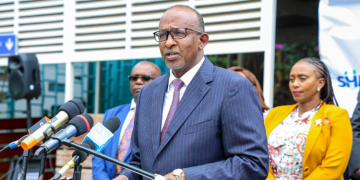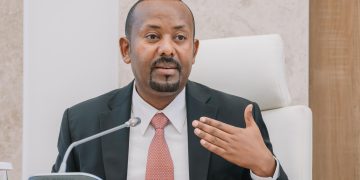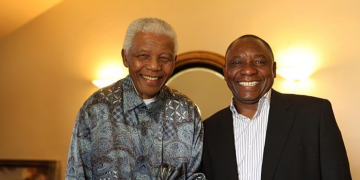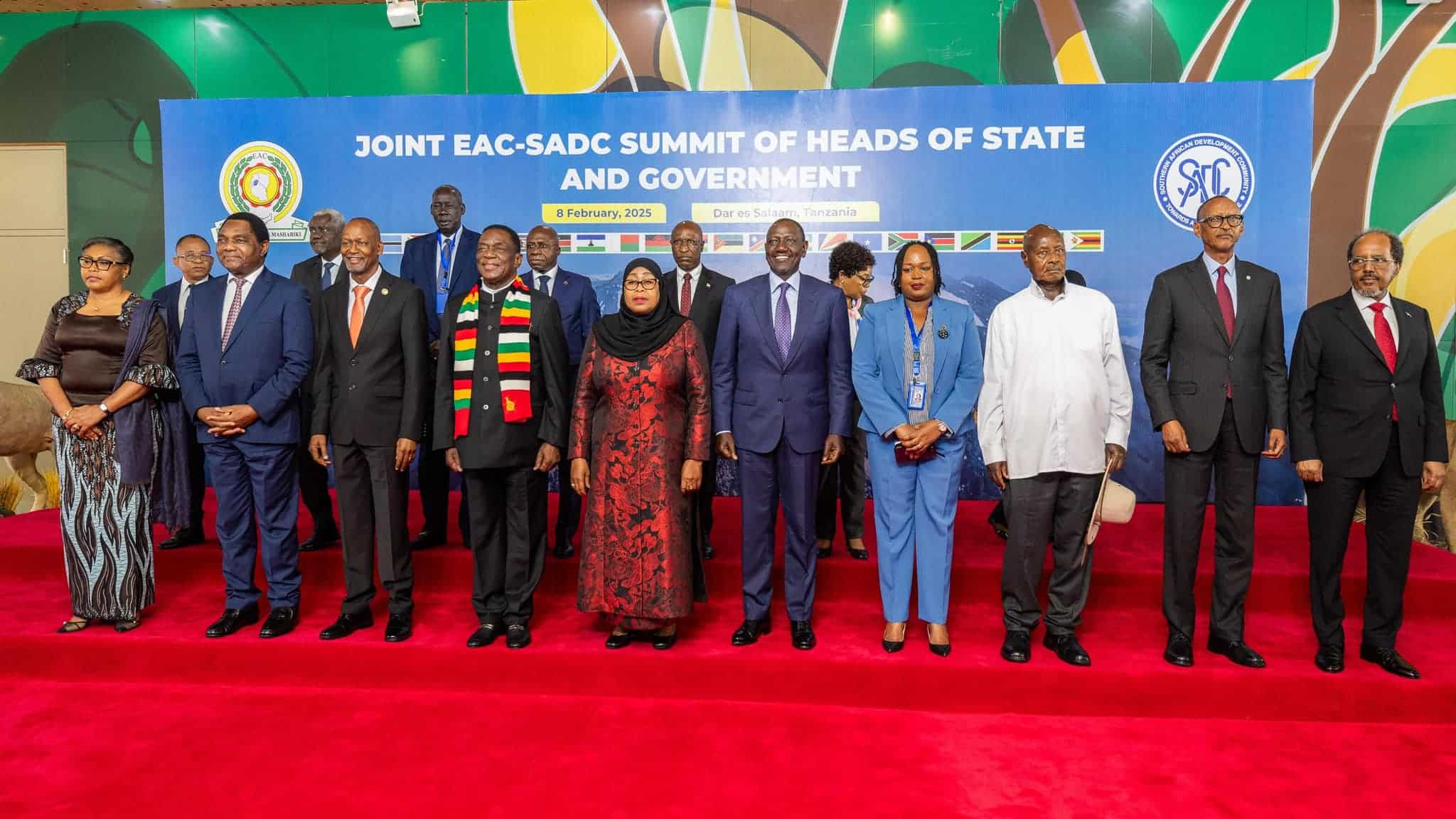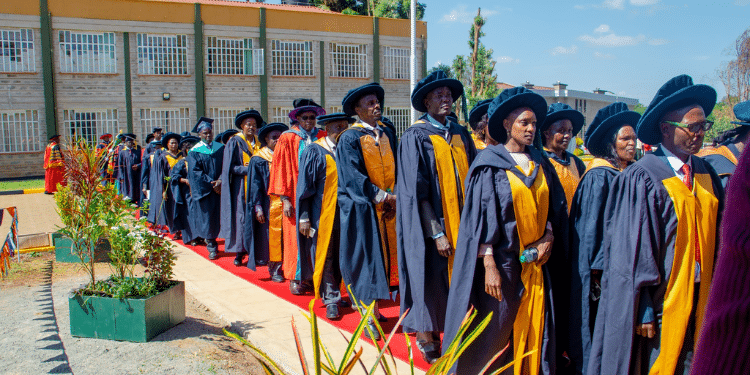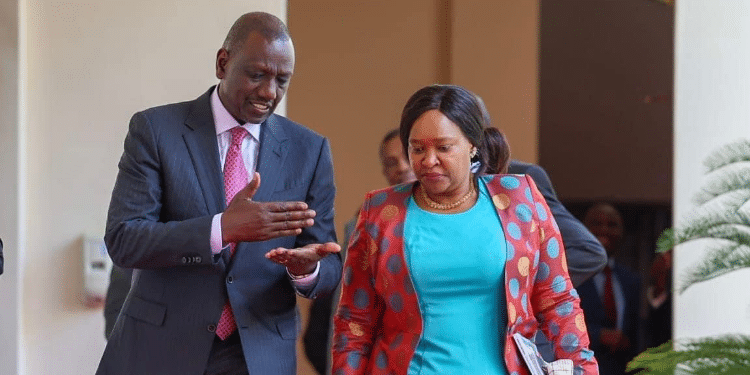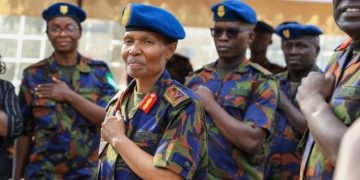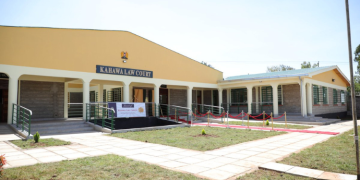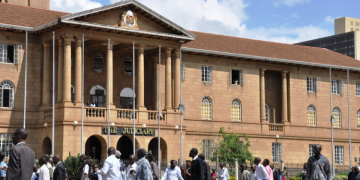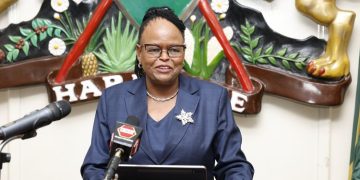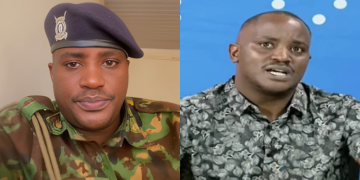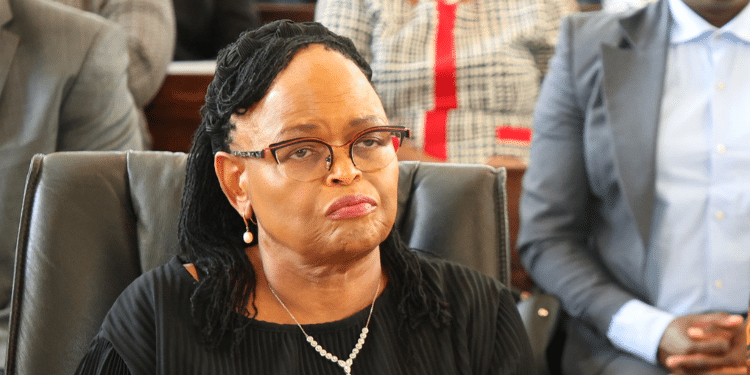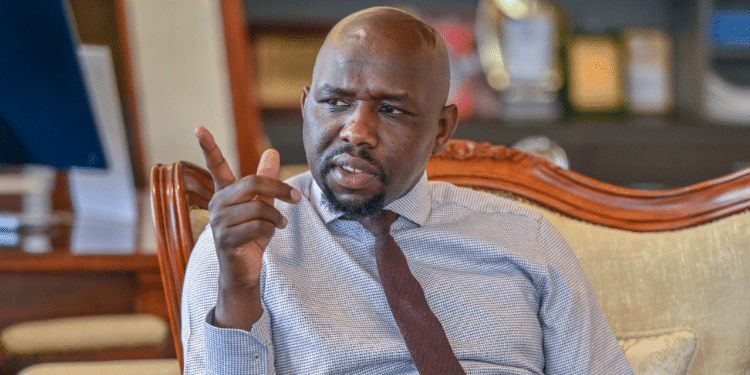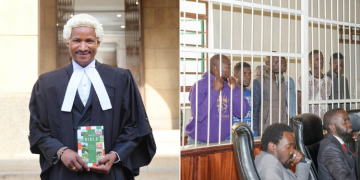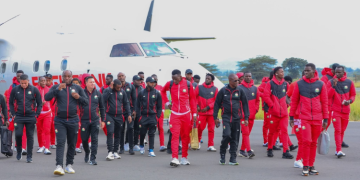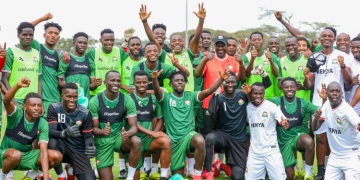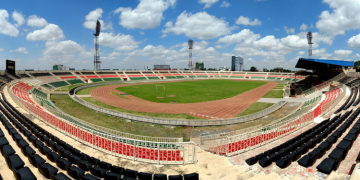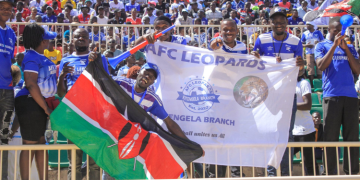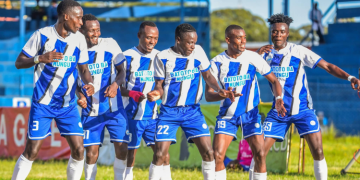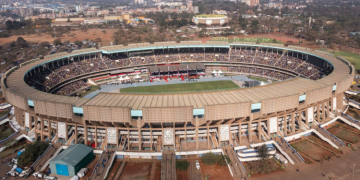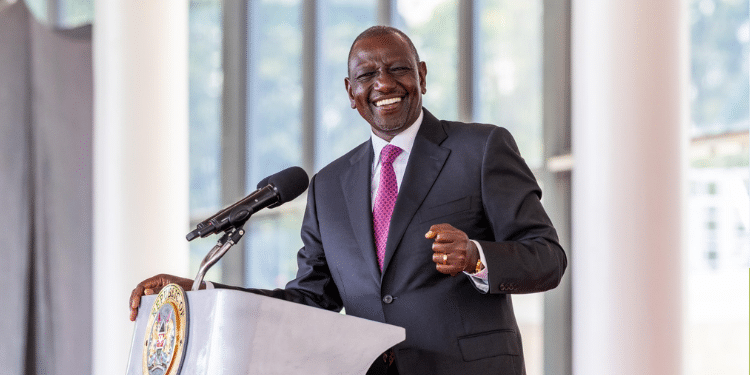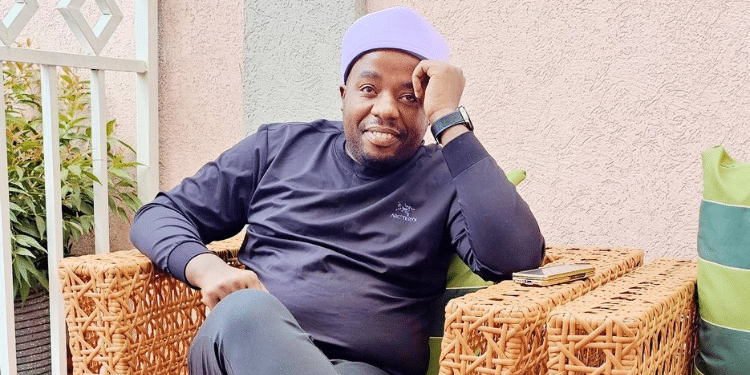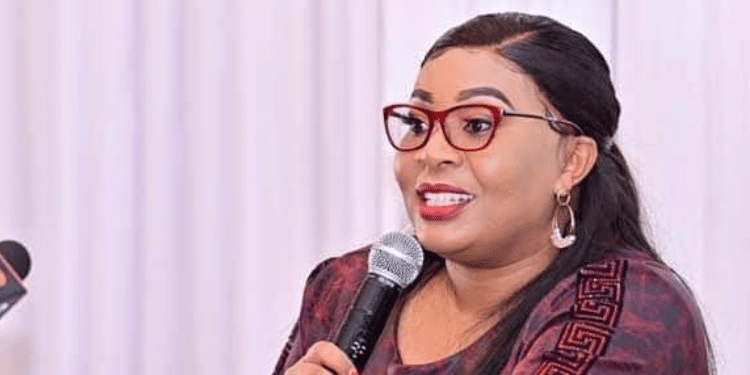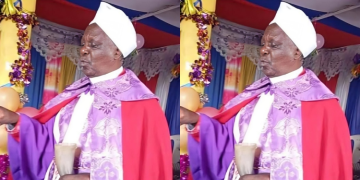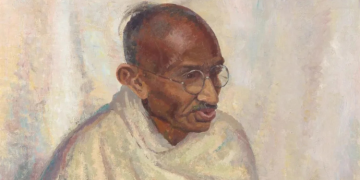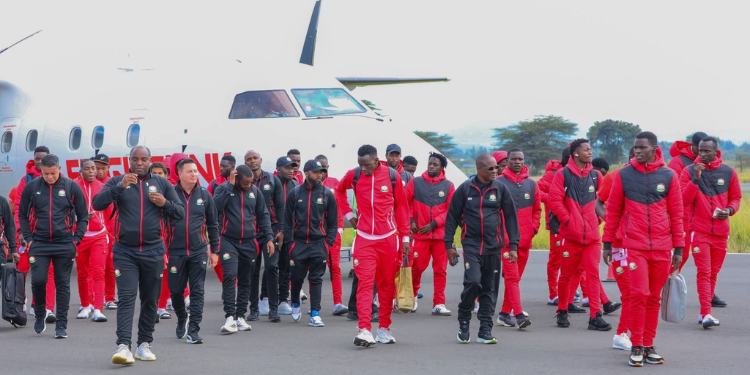“Powerful individuals” close to Harambee Stars team’s administration have been reported as the main reason for last week’s chaotic national team call-ups, a decision they made with absolutely no involvement from the coaching staff.
Chaotic Harambee Stars Call-Ups
Last week, there were reports of chaotic call-ups to the travelling Harambee Stars squad to Tanzania for the CHAN 2024, with some players reportedly added to the squad without McCarthy’s approval.
This led to McCarthy being surprised by their presence at training, and subsequently, several players were released after just one session, following a 2-1 loss in a friendly against a select Kariobangi Sharks side.
Also Read: Harambee Stars Withdraw From Cecafa Four Nations Tournament
The controversy has resurfaced potential issues in communication and decision-making within the team’s management, involving trusted staff or higher authorities.
From the detailed squad changes, the dropped players include Brian Opondo, Kelly Madada, Keith Imbali, Yakeen Muteheli, and Staphod Odhiambo.
McCarthy recently clarified that several late call-ups, such as Austine Odongo (Shabana FC), Marvine Nabwire (Kenya Police FC), and Byrne Omondi, were made as tactical adjustments in response to player unavailability and performance in recent friendlies.
These changes were prompted by the withdrawal of players like Emmanuel Osoro and Moses Shumah, who became ineligible for CHAN after transferring to foreign clubs.
Long History of Political and Administrative Interference
Harambee Stars have faced significant setbacks due to political and administrative interference, particularly from government and FKF officials.
In 2004 and 2006, FIFA suspended Kenya from all football activities for three months each time due to government interference in football administration, disrupting the team’s progress.
These suspensions stemmed from disputes over control of the FKF, reflecting how powerful individuals in government and football governance could destabilize the team.
Nick Mwendwa, FKF president since 2016, emerged as a polarizing figure. A businessman running Kariobangi Sharks, Mwendwa was initially hailed as a reformer when the Harambee Stars qualified for the 2019 AFCON, their first appearance in 15 years.
However, his tenure has been marred by allegations of corruption and mismanagement. Notably, he was implicated in the misappropriation of approximately Ksh153 million in FIFA funds for a non-existent Outside Broadcasting Van, a scandal described as one of the largest ghost transactions in African football history.
In 2022, a nine-month FIFA suspension followed the government’s disbandment of the FKF in November 2021 over alleged corruption, led by then-FKF President Nick Mwendwa.
This suspension barred the Harambee Stars from the 2023 Africa Cup of Nations (AFCON) qualifiers, stunting player development and team progress.
The government, under Sports Minister Amina Mohamed, cited FKF’s failure to account for Ksh244 million allocated for the 2019 AFCON as a key reason, appointing a caretaker committee to manage the federation for six months.
Dennis Oliech, a star player and the nation’s all-time top scorer with 34 goals in 72 caps, also influenced the team through his actions.
In 2005, Oliech went on strike to protest the poor treatment of players by the FKF, exposing issues like unpaid allowances and substandard facilities.
His stand, while disruptive, drew attention to systemic issues within the federation, influencing public discourse on player welfare.
During a 2025 World Cup qualifier against Gabon, political tensions flared when Mumias East MP Peter Salasya was heckled and chased from Nyayo Stadium by fans.
Also Read: Ruto Makes Wild Promise for Harambee Stars in CHAN 2025
The incident highlighted how political affiliations can spill into football events, affecting the atmosphere and security.
Financial and Administrative Controversies
The Football Kenya Federation (FKF) has often been at the center of disputes, including suspensions by FIFA due to governance issues.
These have disrupted team preparations and led to uncertainty around coaching appointments and tournament participation.
In one instance, President William Ruto reportedly live-streamed a Harambee Stars match on his social media, violating FIFA’s broadcasting rights. This raised concerns about executive overreach and potential sanctions from FIFA.
Players have frequently complained about unpaid bonuses and allowances, often blaming both FKF and government officials. This has led to boycotts and low morale during crucial qualifiers.
The broader culture of “harambees” (fundraisers) in Kenyan politics has sometimes intersected with football, with allegations that donations and sponsorships are used for political mileage rather than genuine sports development.
Follow our WhatsApp Channel and X Account for real-time news updates.
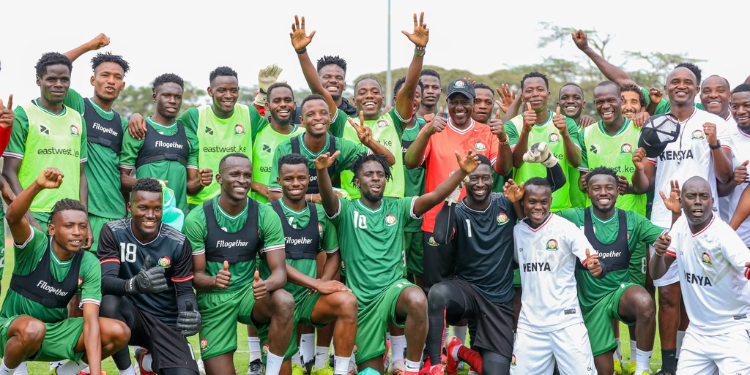



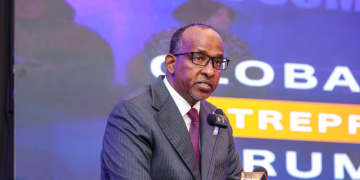

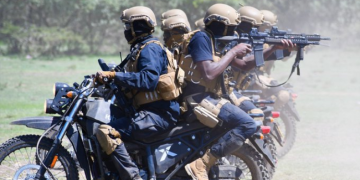
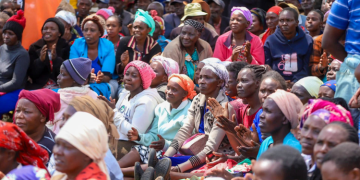
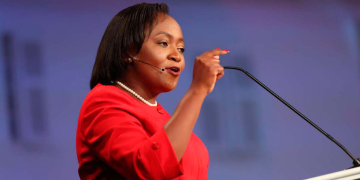
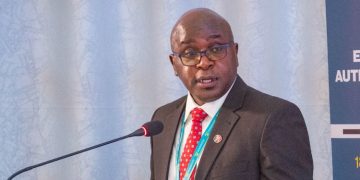
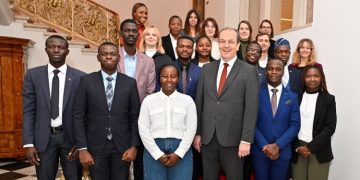









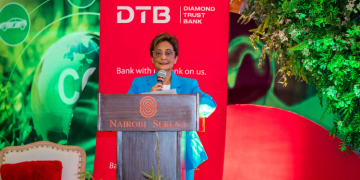
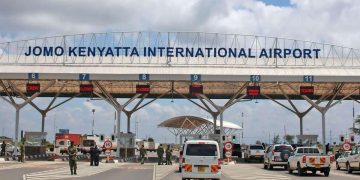
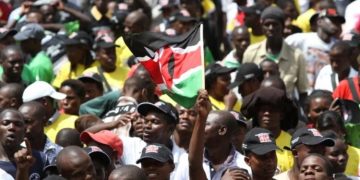


![Debate Rages Over Proposed Increase In Legal Drinking Age [Video] Nacada Raises Legal Drinking Age From 18 To 21]( https://thekenyatimescdn-ese7d3e7ghdnbfa9.z01.azurefd.net/prodimages/uploads/2025/07/beer-360x180.jpg)
